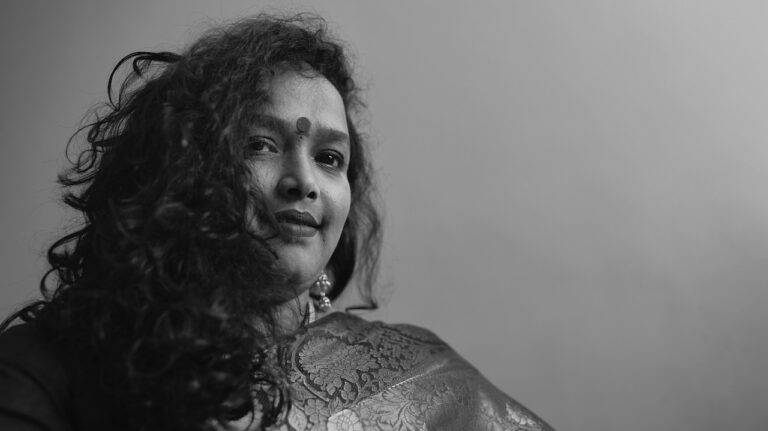Exploring the Role of PACs (Political Action Committees) in Campaign Finance: Betbhai9, Playexch in login, Lotus 365.vip
betbhai9, playexch in login, lotus 365.vip: Exploring the Role of PACs (Political Action Committees) in Campaign Finance
In the world of politics, money plays a significant role. Campaigns require funding for advertising, staff salaries, travel expenses, and more. Political Action Committees (PACs) are one of the major players in providing financial support to candidates and causes. But what exactly are PACs, and how do they impact campaign finance?
What are PACs?
PACs are organizations that pool campaign contributions from members and donate those funds to political candidates, parties, or causes. There are two types of PACs: connected PACs, which are sponsored by corporations, labor unions, or trade groups, and non-connected PACs, which are not affiliated with any specific organization.
How do PACs influence elections?
PACs play a significant role in financing political campaigns. By collecting contributions from individuals, PACs can make sizable donations to candidates, helping them with their campaign expenses. This financial support can give candidates a competitive advantage by allowing them to run ads, hire staff, and conduct voter outreach efforts.
In addition to direct contributions, PACs can also engage in independent expenditures, such as running their ads or conducting polling on behalf of a candidate. While PACs cannot coordinate with candidates on these activities, they can still have a considerable impact on the outcome of an election.
How are PACs regulated?
PACs are subject to strict regulations to ensure transparency and prevent corruption in the political process. PACs must disclose their donors and expenditures to the Federal Election Commission (FEC) regularly. There are also limits on the amount of money individuals can contribute to PACs, as well as restrictions on how PAC funds can be used.
Despite these regulations, some critics argue that PACs have too much influence over the political system, particularly when it comes to wealthy donors and special interest groups. They argue that PACs can drown out the voices of ordinary citizens and skew policy decisions in favor of those with deep pockets.
FAQs
1. Are PACs the same as Super PACs?
While PACs and Super PACs both raise money to influence elections, they operate under different rules. PACs are subject to contribution limits and disclosure requirements, while Super PACs can raise and spend unlimited amounts of money as long as they do not coordinate with candidates.
2. Can individuals start their PAC?
Yes, individuals can start their PAC to support candidates and causes they believe in. However, forming a PAC requires registering with the FEC and complying with all relevant campaign finance laws and regulations.
3. Do PACs only support one party?
PACs can support candidates from any party, depending on their donors’ preferences and the PAC’s goals. Some PACs focus on supporting incumbents, while others may target specific policy issues or ideological positions.
In conclusion, PACs play a vital role in campaign finance by providing financial support to candidates and causes. While they are regulated to prevent corruption, some critics argue that PACs give too much influence to wealthy donors and special interest groups. Understanding the role of PACs in the political process is essential for ensuring transparency and accountability in our democracy.







